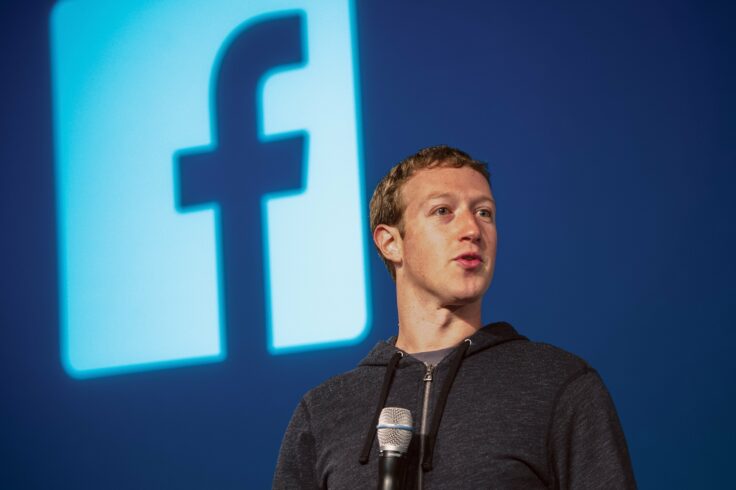According to a recent report by the Wall Street Journal, Mark Zuckerberg is allegedly exploring options that could change the way we have traditionally been using Facebook and Instagram. The platforms’ essence as we know it won’t necessarily be altered, however, our access to them might undergo some significant modifications as the two social media apps’ parent company, META, is considering a subscription-based, publicity-free version for its two subsidiaries for European users.
Coming as a potential solution to the EU’s growing concerns regarding privacy and data protection, this rumored move could mark a huge shift in how social media has been and can be monetized. Historically, platforms would rely on personalized and targeted ads to generate revenue, but as the EU increasingly tightens regulations, and as users demand more control over their personal information, the introduction of this new business model could represent a major departure from traditional practices.
So far, it has been rumored that the payment plan would entail a fee of approximately €10 per month for an ad-free experience on desktops, setting you €6 back per account added and used. Mobile users can unfortunately expect a slightly higher cost, coming at around €13 per month, as it would factor in commissions imposed by app stores.
“Meta believes in the value of free services which are supported by personalized ads,” the company said in a statement to Euronews. “However, we continue to explore options to ensure we comply with evolving regulatory requirements. We have nothing further to share at this time,” they added.
As users would be given the choice to either pay to keep the upper hand over their information online or continue using the platform with the understanding that their data could be breached for advertising purposes, this move, if implemented, highlights the ongoing debate surrounding ethics online as well as how thorny it may be to equate privacy with financial means at a time where the average person’s spending-power has significantly decreased over the past few years.
Although no one knows when exactly META aims to go ahead with this plan, or if it ever will at all, it’s also worth wondering what impact a subscription-based model on Facebook and Instagram would have on other parts of the world— especially in ours. Despite high levels of internet connectivity, low disposable income coupled with the slow development of online payment methods only seem to mirror a future where Facebook, Instagram, and related apps, would be less central in the everyday life of the average Arab in the region. What’s more, the introduction of a fee on these platforms could also inadvertently exacerbate already existing digital inequalities, further dividing those who can afford to pay for such a basic, and almost vital service like messaging, from those who cannot.
However, the above-mentioned scenario wouldn’t come without any long-term advantages as it would pave the way for alternative, more accessible platforms to flourish. With the potential of reshaping most digital spaces and finally challenge the current dominance of META in the industry, we may be on the cusp of a nascent era where consumers are no longer simple commodities or piggy banks, but rather, the primary focus of app developers and web engineers.
At a time when the balance between privacy, profitability, and user rights has never been more central, irrespective of the path chosen by META, the interests, security, and well-being of individuals online are finally being addressed and given the heightened importance they deserve, showing promising signs of alignment between companies at charge and the evolving ethical expectations of the public.









